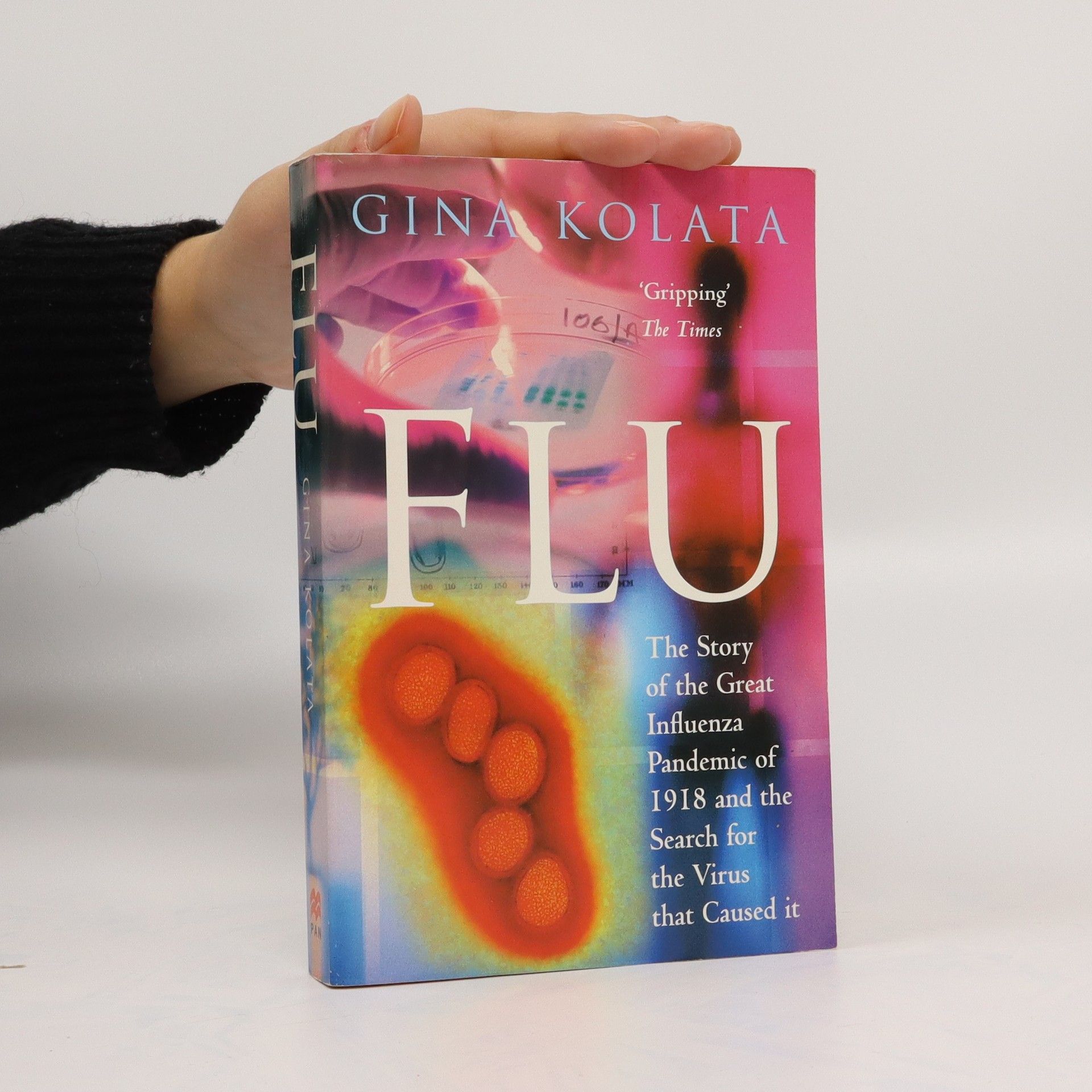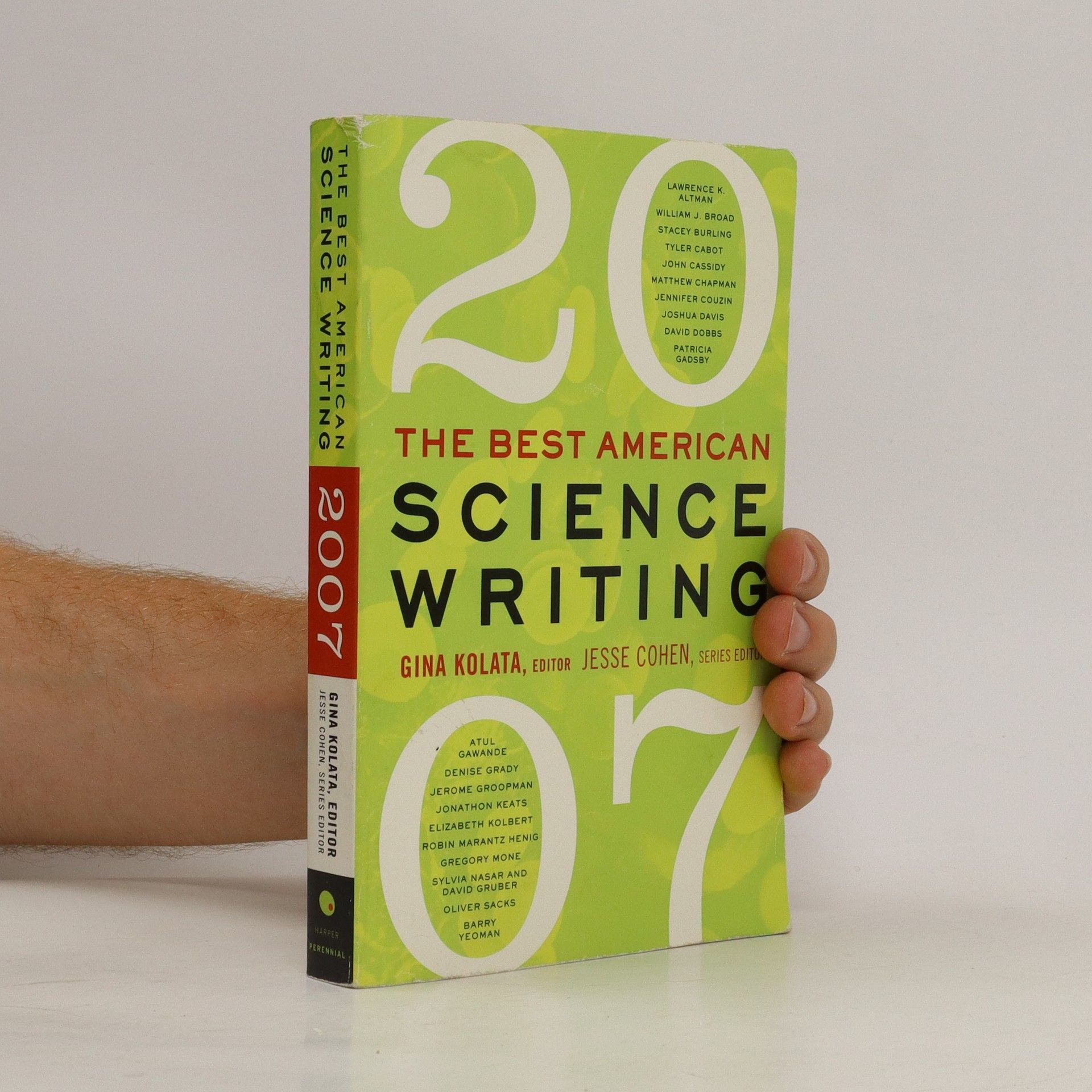Provocative and engaging, this collection brings together the premiere science writing of the year. Featuring the imprimatur of bestselling author and New York Times reporter Gina Kolata, one of the nation's foremost voices in science and medicine, and with contributions from Atul Gawande, Elizabeth Kolbert, and Oliver Sacks, among others, The Best American Science Writing 2007 is a compelling anthology of our most advanced, and most relevant, scientific inquiries.
Gina Kolata Knihy
Kolata se věnuje psaní s vědeckou přesností a ponořuje se do složitosti lidského těla a vědy, která ho řídí. Její práce vyznačuje jasný a přístupný styl, který dokáže složité koncepty přiblížit širokému publiku. Prostřednictvím svých děl zkoumá vzájemné propojení biologie, medicíny a osobních příběhů, aby osvětlila pokroky ve vědě a jejich dopad na lidské životy. Kolata neúnavně usiluje o to, aby porozuměla a sdělila hluboké otázky týkající se zdraví a vědy.



Flu
- 352 stránek
- 13 hodin čtení
A scientific history of the Great Flu Epidemic of 1918, which killed at least 40 million people. The author details the science and latest understanding of flu, examines the chances of a great epidemic recurring and explores what can be done to prevent it.
Das geklonte Leben
- 317 stránek
- 12 hodin čtení
Im Februar 1997 ging eine sensationelle Nachricht um die Welt: Der amerikanische Embryologe Ian Wilmut hatte ein erwachsenes Säugetier geklont, das Schaf Dolly "geschaffen". Die Vorstellung, das Experiment könnte mit menschlichen Genen wiederholt werden, erregt seither die Gemüter. Gina Kolata, Mathematikerin und Molekularbiologin, gehört zu den wenigen, die Wilmut frühzeitig in sein Experiment einweihte. In ihrem Buch dokumentiert sie die zehnjährige Forschungsarbeit des Wissenschaftlers und gleichzeitig die Entwicklung der Gentechnik.